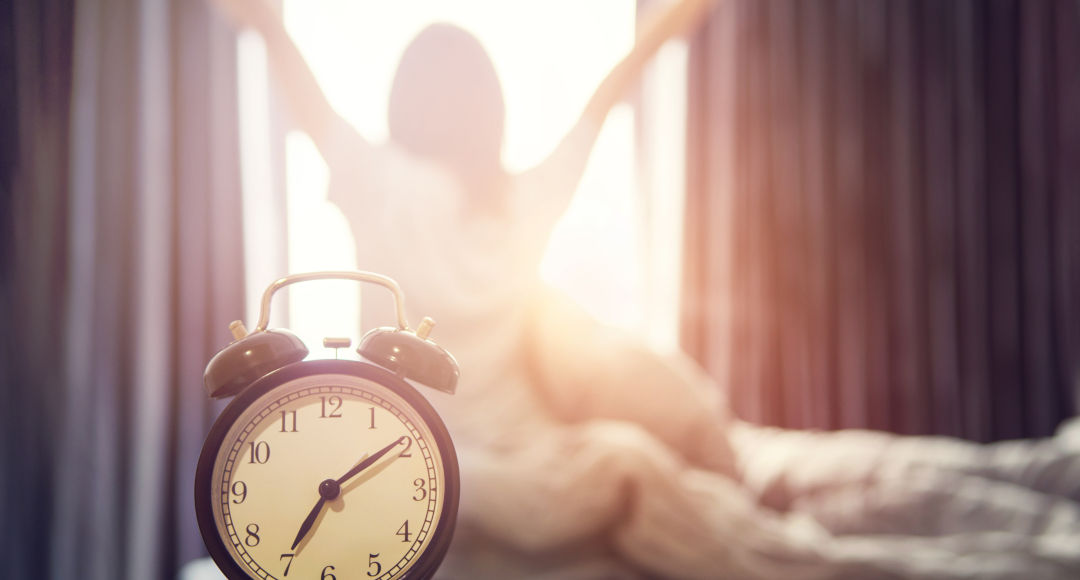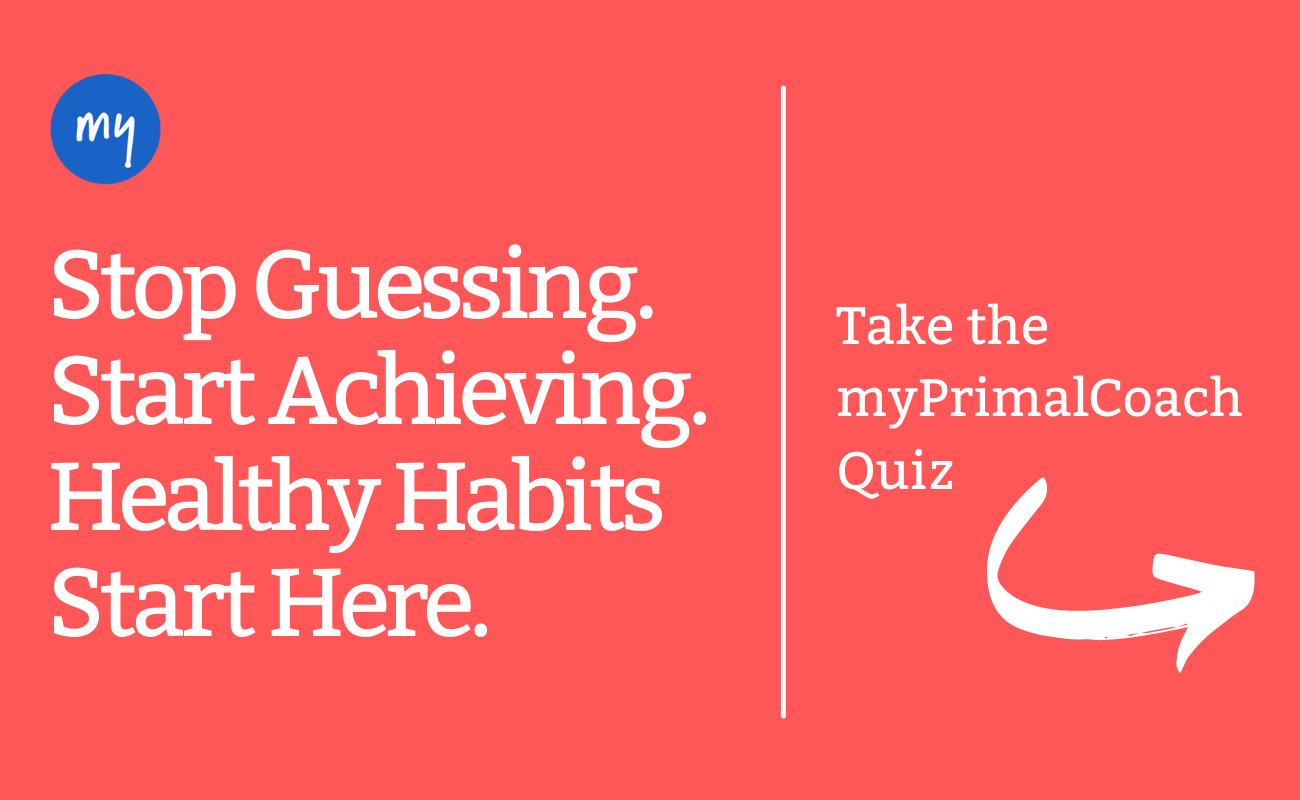You know how good you feel after a night of great sleep. You know how important getting enough sleep is. And you also know life is easier after a good night’s rest. Still, you don’t get enough of it—older adults need 7-9 hours of sleep. Or maybe you struggle to fall asleep and stay asleep as so many do.
Sleep is the foundation of health, and we’re here to help you feel and look your best. So we’ve put together this simple step-by-step guide to great sleep. Even if you skip some steps, you’ll be sleeping better—and feeling better—soon enough.

10 Reasons Why Sleep Is So Important
Let’s start with a friendly reminder of why sleep is so important.
- It gives your brain and body a chance to refresh and recharge.
- It helps prevent weight gain.
- It helps with appetite control, so you eat fewer calories.
- It increases concentration and energy for higher productivity.
- It improves athletic performance, like speed, stamina, and reaction time.
- It protects against heart disease, stroke, type 2 diabetes, and other chronic illnesses.
- It helps keep depression, anxiety, and other mental health issues at bay.
- It makes sure your immune system is strong and healthy.
- It calms systemic inflammation in the body.
- It even makes us less socially awkward because we’re better able to read and react to social cues!
Health benefits. Disease prevention. Increased energy and focus. Weight loss. Happiness. Sleep gets you closer to it all. So let’s learn how to give it a warm, cozy welcome every night of the week!
7 Sleep Hygiene Tips
It starts with good sleep hygiene—healthy sleep habits that help us fall and stay asleep. We’ve got several suggestions, but we don’t want to overwhelm you. Keep in mind that good sleep is usually a work in progress. We know how hard it is to make sleep priority one in this hectic, modern world of ours, and we don’t expect you to take on all these sleep tips at once. But hey, if you’re an overachiever, nothing wrong with that!
Tip #1: Stick to a sleep routine.
You’ll want to stick to a sleep routine to get into the rhythm…the circadian rhythm that is—specifically the sleep-wake cycle.
Going to sleep and waking up at the same time every day, even on the weekends, is key to a properly aligned sleep-wake cycle. When this circadian rhythm is thrown off, sleep disruptions occur, including insomnia. The closer you can wake and fall asleep with the rising and setting of the sun, the better.
Sticking to a sleep schedule is just one way to get in sync with the sleep-wake cycle.
Tip #2: Catch some rays.
The sleep-wake cycle is tied to the cycle of day and night and to environmental cues, particularly light. Exposure to light in the early part of the day helps get you back in touch with your circadian rhythms.
Sunlight triggers the brain’s release of the hormone serotonin, which helps you feel more alert and focused during the day.
Which brings us to…
Tip #3: Limit light a few hours before bedtime.
Sunlight increases serotonin, while darker lighting tells the brain to release the sleepytime hormone melatonin. Melatonin helps you relax and prepares the body and mind for sleep. About two hours before bed, dim the lights throughout your home to kick melatonin into gear.
And here’s possibly the most difficult ask of all: Minimize blue light at night.
Blue light, such as the light emitted from electronic devices, is great for the daytime. It promotes concentration, increases reaction time, and uplifts moods. But we don’t need help with any of that at night.
Set your devices to night mode…maybe even get blue-blocking glasses. Ideally, stop using your devices at least an hour before bed. And try some of the other bedtime rituals listed in our step-by-step sleep guide below!
Tip #4: Earn the rest.
When you sleep well, you exercise better the next day…and vice versa.
Moderate- to high-intensity exercise during the day can help you get to sleep faster at night. Exercising also gives you more energy throughout the day, so you’re less likely to succumb to daytime sleepiness. You may even be able to ditch any sleep aids you’ve started to depend on.
Because exercise supports weight loss and maintenance, it can also indirectly improve sleep. (Approximately 60% of moderate to severe obstructive sleep apnea (OSA) cases are caused by obesity.)
FAQ: Can I exercise right before bed?
The research varies. Sleep experts used to advise against exercising at least three hours before bed. The thinking behind that recommendation is that exercise accelerates your heart rate and raises your body temperature and adrenaline levels. More recent research tells a different story. Exercising at 8 pm or later helped people fall asleep faster, sleep more deeply, and wake up feeling more well-rested according to one report.
So the answer is, it depends on how you respond to exercise before bed. Does exercise energize you and make it hard to wind down? Or does it wear you out and have you sleeping soundly as soon as your head hits the pillow? Well then, there’s your answer!
Tip #5: Avoid caffeine after noon.
Don’t worry. We’re not going to ask you to give up your favorite caffeinated drink entirely. But for the sake of a better night’s sleep, we do encourage you not to drink coffee or other caffeinated beverages after 12 pm.
According to the Cleveland Clinic, it can take up to 10 hours for your body to clear out the caffeine. And while everyone has a different reaction to caffeine according to age, gender, size, and activity levels, too much caffeine can cause restlessness, jitters, and make sleep a struggle for us all.
Tip #6: Nap if you must, but only in the early afternoon.
A nap early in the day isn’t just luxurious—it’s also restorative, and we’d never advise against it. But if you nap late in the day, it can throw off your sleep-wake cycle and make it hard to fall asleep later at night.
The research is in: nap early to mid-afternoon, when you start to feel the usual energy lull. And keep naps to 10-20 minutes.
Tip #7: Make your bedroom the coziest place on earth.
Your bed is competing with Netflix and your couch. You’ve got to give it the competitive edge.
- Invest in a great mattress.
- Buy sheets and a comforter that make you feel giddy every time you snuggle in for the evening.
- Get rid of any electronics. The bedroom is for two activities only! (You know what they are.)
- Get blackout curtains so you can trick your mind into thinking you’re hibernating like a bear.
- Opt for a cooler room temperature. The body prefers it.
- Buy a white noise machine to keep outside noises from infiltrating.
Your Step-By-Step Sleep Guide
We’ve already covered several of these sleep steps above—like sticking to a sleep schedule, avoiding caffeine, and exercising. Now, we’re putting them in order from wake to sleep, and throwing some other helpful sleep tips into the mix.
Step 1: Wake Up with the Sunrise (or as near to it as you can). And do it again the next day.
Sync with your circadian rhythm and get that serotonin pumping. You’ve got a bright, beautiful day to take advantage of!
Step 2: Greet the Sun.
Open the curtains or step outside onto your balcony. Eat breakfast on your patio. Soak up some sun rays before your hectic day begins.
Step 3: Drink Lemon Water (yes, before your coffee or tea).
First things first: Drink a glass of water with lemon. That way, you’ll be starting the day hydrated and far less likely to overdo it on coffee or a heavy breakfast. Lemons are full of antioxidants, vitamin C, and potassium, and the acid in lemon water helps break down your food. Drink up!
Step 4: Drink Your Favorite Pick-Me-Up and Eat a Balanced Breakfast.
Unless you’re intermittent fasting, enjoy the best part of your morning routine—coffee, tea, or another pick-me-up alongside a healthy breakfast.
Step 5: Move Your Body Every Chance You Get.
Remember to earn your slumber. Engage in exercise and movement (like these microworkouts you can do in two minutes or less). Take the stairs. Drop and give ‘em 50. Do some starjacks when no one is looking.
Step 6: Start Disconnecting at Least 2 Hours Before Bedtime.
Dim the lights, unplug from electronics, and give yourself ample time to decompress before your head hits the pillow.
Step 7: Turn Bedtime into a Ritual You Love.
Everyone’s bedtime ritual is different. Experiment to find what works best for you. Here are a few ideas:
- Take a relaxing bath. Make it fun with chamomile- and rose-scented bath salts or a bath bomb.
- Do some light stretches to release the day’s tension and reduce stress.
- Listen to music and give your mind some time to let all the random thoughts melt away.
- Meditate. There are so many relaxation and sleep meditations to try, you’ll never get bored. (You can start with these guided sleep meditations on YouTube.)
- Read a good book. (Maybe not too good. We don’t want the suspense keeping you up.) And be sure to clip a reading light on your book or use no more than a 50-60 watt bulb to keep the lights low.
Step 8: Go to Sleep at the Same Time Each Night.
It’s finally time to put your head to the pillow and catch some sweet Zzzzzs. So you can wake up feeling refreshed and do it all again tomorrow.
Still Having Trouble Sleeping? Try This.
The absolute worst is when you’re lying in bed FOR HOURS waiting for sleep to come and it refuses. Give it 10-15 minutes max to arrive. If your mind just won’t turn off, then get out of bed. Go sit in your favorite chair and let the thoughts tumble as they must. Journal about it to help quiet an agitated mind. And then try again.
Sleep hack: Don’t bring your phone to bed with you. It will whisper to you throughout the night: look at me…check the time…who else is up…Facebook will know…
Do an assessment of the root causes of poor sleep. Are you drinking caffeine too late in the day? Are you smoking, drinking, or using any over-the-counter medications that may be interfering with your sleep? What can you tweak for better sleep?
Little adjustments can go a very long way toward enjoying deep, quality sleep.
What are your favorite sleep hacks? Let us know in the comments below!

